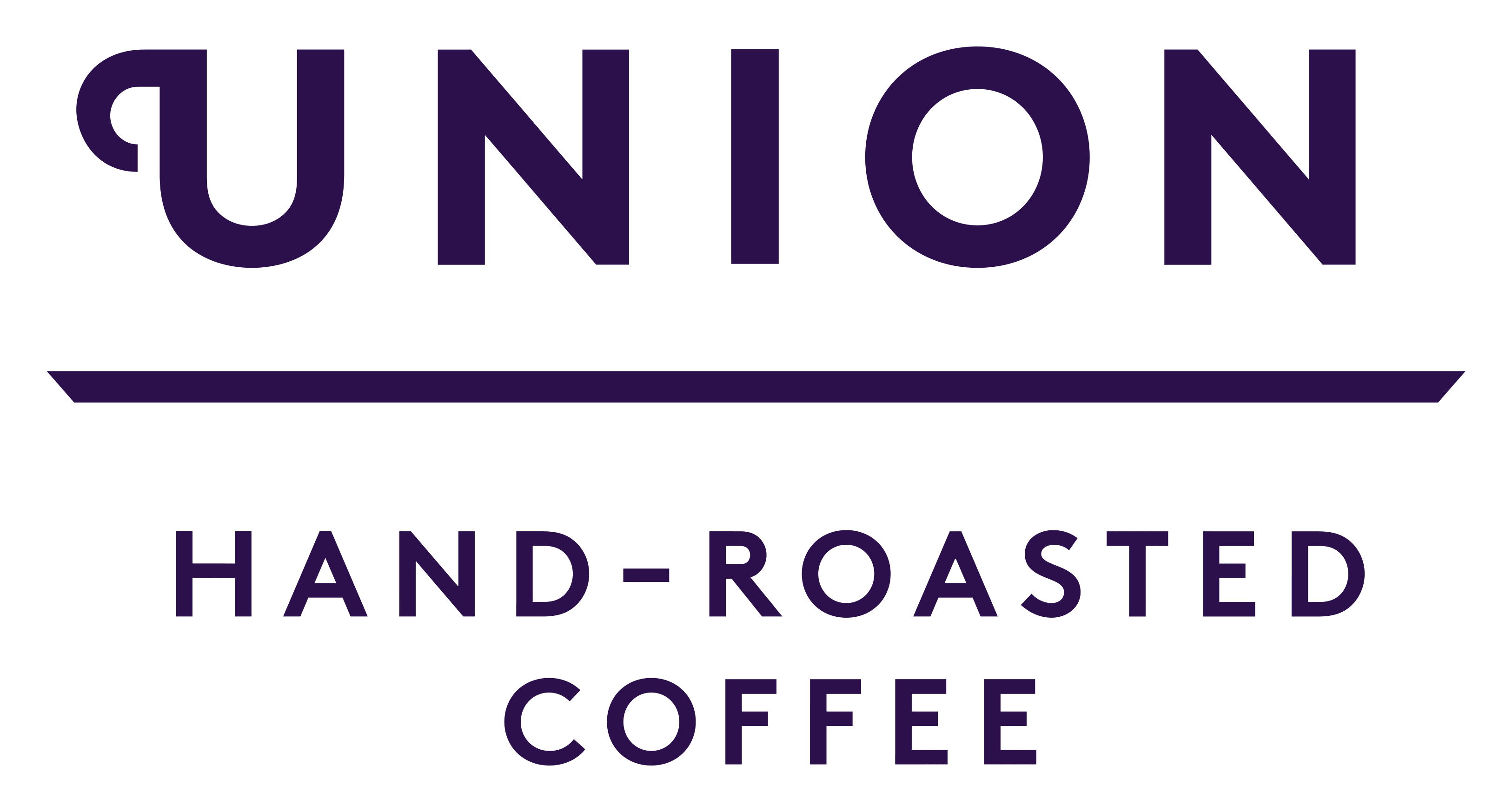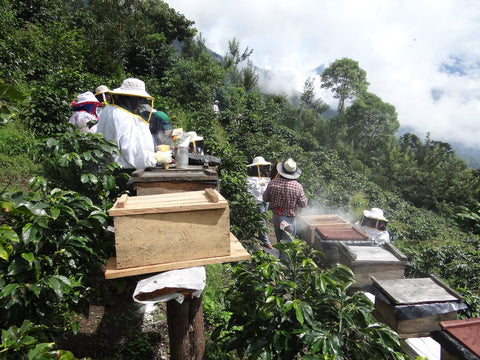First Published - July 2, 2011 (By Steven Co-Founder)
Series about Union Direct Trade
In the previous post Pascale talked about getting stuck into the interviews with farmers in Huehuetenango to obtain data for our Monitoring & Evaluation study. We have worked with these farmers only for two seasons, so are still in the early stages of our relationship. Pascale was learning more about coffee production in this remote region of Northern Guatemala. Here, she talks about what the farmers have been working for during the previous twelve months; receiving an income for their coffee.
¡Hola!
Coffee payments in Tuiboch
Traditionally, farmers are paid in full at the end of the season, in May, at the final “liquidation meeting” of the coffee harvest. The timing of this payment causes problems because producers have large costs to cover during the year, particularly through season when fertilizer is needed, and during the harvest to pay for labour. Union pays part of the contract earlier to help with cashflow.
Cashflow problems mean that some farmers do not sell all their coffee to their co-operative. Instead, farmers sell a small amount to coyotes (middleman). Even though coyotes pay on average less than the co-operative, they pay directly in cash at the time of harvesting. Some farmers need this money to pay to the day labourers who harvest the coffee. This is why pre-finance is very important for small-scale farmers. Having some money in advance allows farmers to enter all their crop into the co-operative which pays a higher price than coyotes and more importantly will offer a sustainable price not only today but also in the future.
This “liquidization meeting” started with a visit from ANACAFE (Guatemala Coffee Board) who will help the cooperative to obtain a loan for their next harvest. Low interest loans with good conditions are crucial. Currently some farmers, those who are not members of the cooperative, have no other options but to pay up to 36% annually in interest. These are all cost which reduces the final amount of income available for investments in coffee production, education for children and health care.
This year, representatives of the Co-operative were happy to announce they had a small victory; it was the first year that they succeeded in paying their farmers so early, in May. In previous years final payment was later than June. Waiting so long requires a lot of patience and commitment of farmers and can put them in a position in which they cannot pay off their debts and continue to pay interest. The commitment that farmers show to their organizations is strong; they really want to make this project work.
It is incredible to see how transparently the Co-operative works. Before farmers received their payment a presentation was given, clearly explaining how much coffee was received what the expenses were. The presentation was illustrated with pictures; many producers never (will) have the opportunity to see the beneficio seco (dry mill) in Huehuetenango and with these pictures they can learn about what happens with their coffee after they deliver it to their co-operative. Each farmer signs a form that states the amount of coffee that he delivered and the price he received. By doing this the co-operative can be completely transparent to Union Hand Roasted, and prove that they paid a fair price to their producers. From an outsider perspective this may seem obvious since co-operatives are owned by small scale farmers and consequently they should all have access to this information. Unfortunately, the level of transparency as we see here rarely happens within other cooperatives.
Signing the act of the meeting
A copy of the coffee cupping evaluation form was also handed over to the farmers. Farmers can see for themselves how there coffee was cupped and which exceptional qualities their coffee has. If coffee showed signs of fermentation and was rejected, this is also listed on the cupping form. Hence, the form also serves as direct feedback, since fermentation can be avoided by handling the coffee carefully when processing the cherry into parchment.
A small talk was given about the history and reasons for the project for both new and existing members. Many small scale farmers have a rather short-term vision, rather than planning for their future, they sell to those who pay soonest if not the most. This is understandable.
The importance of a guaranteed minimum floor-price and having a long-term buyer-relationship may not always reach the minds of the producers. Their main concern is the price that they will receive for their crop that season. Therefore, reminding them and explaining the goal and aim of the project is an important task of the co-operative.
It is not only time and labour intensive to cultivate coffee, but also commercializing coffee requires knowledge, time, negotiation and organization skills. After the coffee is harvested there is a lot of work to do. First samples of each “lote de cafe” need to be cupped to grade coffee on the basis of quality and lots are selected by Union Hand Roasted. Any coffee not suited for export, because it shows any defect, like fermentation, is sold at the local market.
The coffee needs to be transported to Huehuetenango City where the “beneficio seco” processes the parchment coffee into “café en oro”, coffee ready for export. Afterwards it needs to be transported to the harbour from where it is shipped.
Small scale farmers exporting coffee face many challenges and costs, not only in farming coffee but also in commercializing. Processing, transport and administration cost are uncured during the year. Yet they are devoted to producing and exporting top quality coffee. In the past there were many obstacles thrown into the path, and there are still obstacles to overcome. Yet, they are working hard on further improving the quality of their coffee.
Saludos, Pascale
A word from Steven…Again Pascale has talked frankly about the true hardships that farmers face on the yearly coffee cycle. Some good work has been achieved in creating loyalty to their cooperative. This gives the farmers direct access to the export market and opportunity for greater earning potential. It is clear how important the access to pre-finance is and this will be one of the main projects Union will be working on for next season.
Steven




